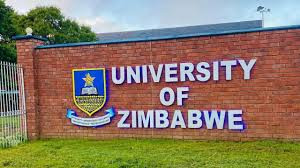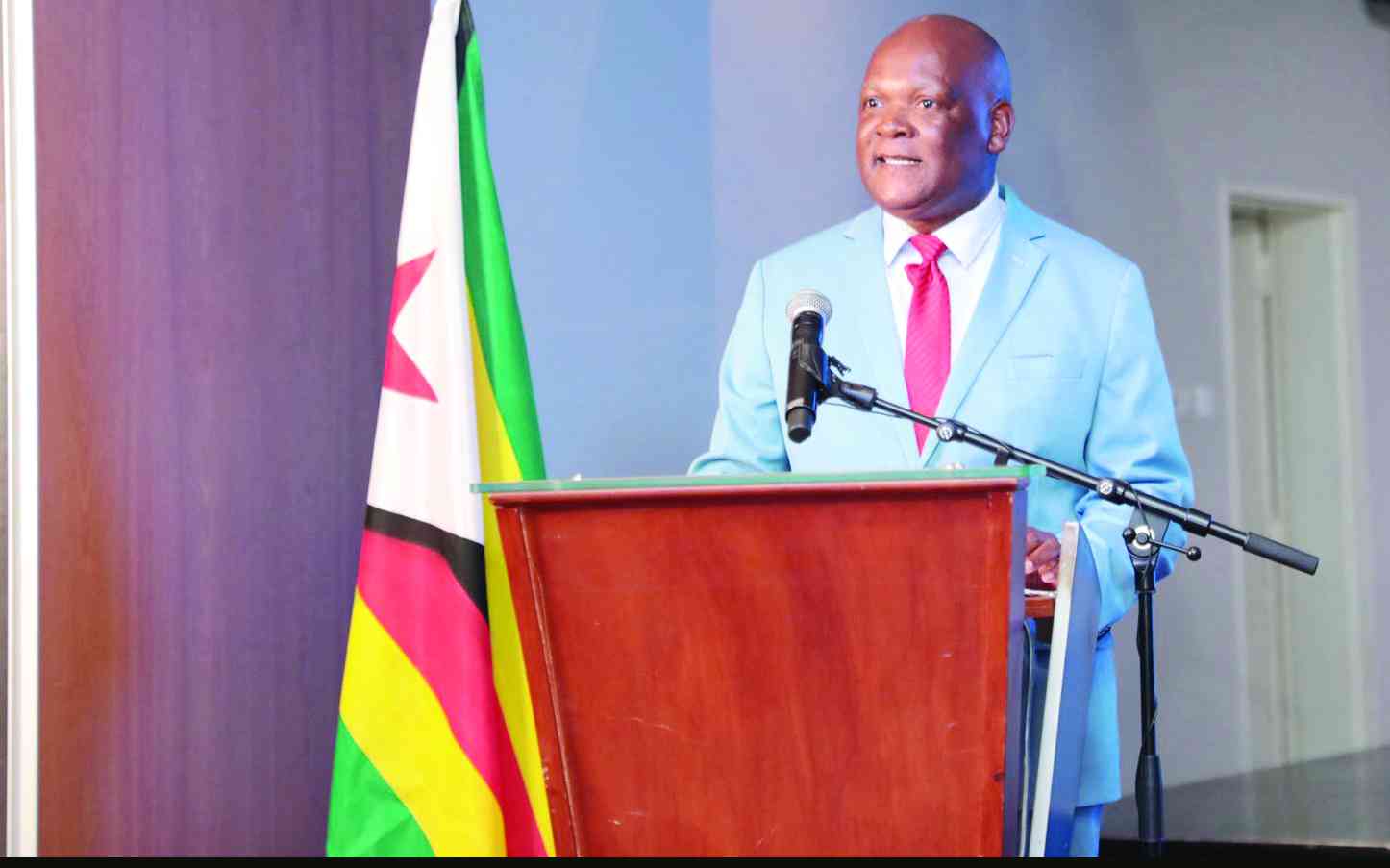
THE United Nations Development Programme (UNDP) has invested about US$60 million in solar and irrigation projects for the benefit of rural communities to promote a sustainable and eco-friendly approach to rural development, NewsDay Business can report.
In an interview, UNDP resident representative in Zimbabwe, Ayodele Odusola said the global organisation offered support through the Health and Child Care ministry as well as the Energy and Power Development ministry.
He said for 2024, the solar projects had provided 13,6 megawatts (MW) of power, accounting for about 1% of total electricity generated in Zimbabwe and about 35% of power from independent power producers.
Currently, Zimbabwe has an energy deficit of between 1 600MW and 1 800MW as climate change and a lack of foreign currency have hampered electricity production from traditional sources.
“We are talking about close to US$60 million. It cuts across all the provinces in this country and, in fact, the one in Hakwata village, which is a mini-grid facility, we are talking about close to US$2,5 million,” Odusola said in an interview with NewsDay Business.
“There are so many other things we are currently doing with some of these other ones, including the one we are doing in Binga, which is about supporting sustainable water system there, where we are providing water not only to schools and clinics, but also communities and the entire district is being supported by the initiative which we are putting in place.”
In recent months, UNDP, in partnership with other stakeholders, launched the Hakwata solar and biogas projects as part of its “Green Village Model”, a sustainable and eco-friendly approach to rural development.
Both projects are in Chipinge district, Manicaland province.
- Mavhunga puts DeMbare into Chibuku quarterfinals
- Bulls to charge into Zimbabwe gold stocks
- Ndiraya concerned as goals dry up
- Letters: How solar power is transforming African farms
Keep Reading
Odusola said they also poured substantial amounts of money into irrigation facilities.
“This is in partnership with the government of the UK [United Kingdom], with green climate facilities. Last year, we completed two irrigation facilities,” he said.
“This year, we are planning, by the end of this year, to complete another seven. And then we are trying to see what can be done by 2027 to have completed about 21 irrigation facilities.”
Hence, he said, there was no way to achieve industrialisation without addressing the energy deficit.
“We have, as of today, contributed 13,6MW of solar peak system in Zimbabwe, which accounts for almost 1% of total electricity generated in this country and about 35% of total electricity generated by independent power producers in this country,” Odusola said.
He said the idea of the project was to have clinics operating throughout the day.
“We are using it to strengthen the health resilience system so that at least when they are doing an operation, power outage does not affect the operations of clinics and we have succeeded as of today in powering 1 053 clinics and health facilities in this country, including the NatPharm [National Pharmaceuticals] warehouses, the big ones,” Odusola added.
“It shows that about 58% to 60% of clinics and facilities, health facilities in the country, have access to electricity 24/7. So that is one thing we are trying to support.”











